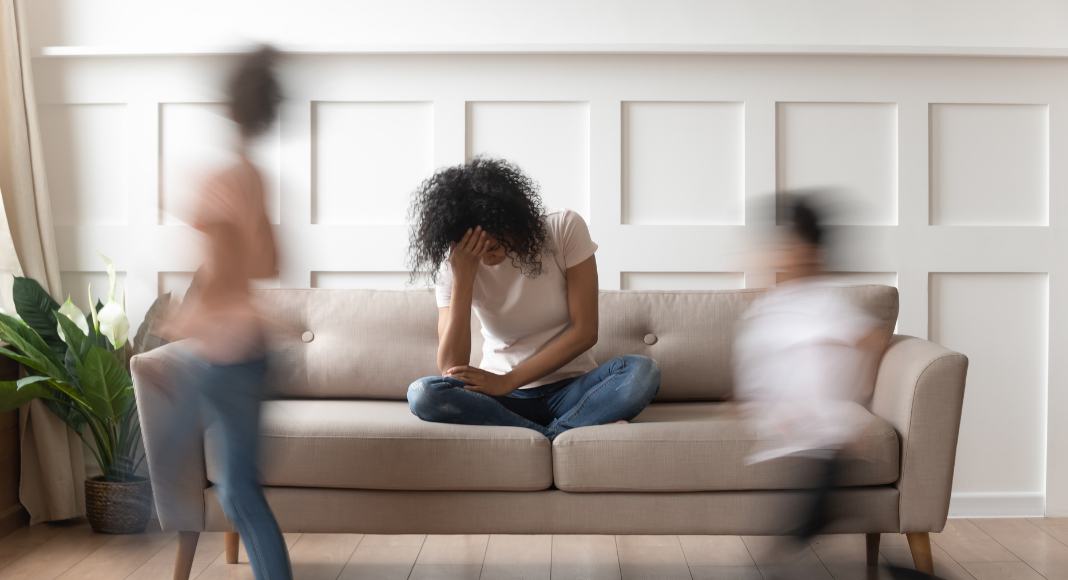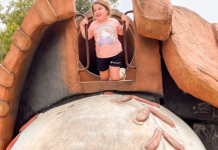*This was originally written in response to the horrific hate crime mass shooting at Mother Emanuel AME Church in downtown Charleston on June 17, 2015.
In the wake of a tragedy in the community, I consider my responsibility as a mother and as a therapist. As a mother, I find myself horrified and frightened for my children and the world they are living in. As a therapist, I am also horrified and frightened for the community at large and feel compelled to offer support.
Before I address communicating with your children about a recent tragedy, please let me remind you of the covenant of motherhood that I believe that we are inherently bound to uphold:
Love your babies.
Teach them that all people are deserving of love and respect.
Do not tolerate hate at any age.
Today and every day, be kind and stand up for our collective communities.
 Addressing Sensitive Topics
Addressing Sensitive Topics
Many mothers struggle with the “right” way to address sensitive topics with children. My hope is to provide you with an applicable framework that may be useful to you. It is important, in a general sense, to remember that children are remarkably intuitive with regards to what information they are developmentally able to integrate and manage.
My rule of thumb, at home and at work, is to answer difficult questions simply and in age-appropriate terms. More importantly, I try to only answer the question being asked, honestly and without explanation.
Surprisingly children will, in some cases, be satisfied with our most simple and true responses. While our own anxiety will provoke over-talking and over-explanation, being simple and direct is a more appropriate goal. In the event that the child requires more clarity, let him or her guide you with their follow-up questions.
Many of us will feel compelled to talk with our children about the tragedy that occurred. Some will be prompted by their child’s awareness of recent media coverage or discussion, and some will feel compelled to initiate discussion. In fact, silence about the issue may convey that it is too threatening or scary to discuss.
I urge you to consider the following as you engage your children, regardless of age, knowledge, or experience.
- Remember who your child is. Consider their personality and temperament. Are they sensitive or concrete? Young children will not be aware of the events; however, they may mirror or adopt the emotional responses of their parents. School-aged children may react with fear and uncertainty. Adolescents may appear unaffected or respond with silence. Most children with knowledge of the traumatic event will want to talk about it.
- Start the conversation in an age-appropriate manner, such as: “Something very sad happened yesterday. A man with a gun hurt people. Police have the man, and we are safe now. People are very sad, but they are getting a lot of help and support.”
- Find out what they know. Using open-ended questions, determine their knowledge of the events. For example, “What have you heard about the event?” Now listen. Correct any inaccurate information in simple, non-detailed terms. Ask them how they feel, and make sure to validate their feelings.
- Allow them to ask questions that guide your discussion. Always keep in mind that young children do not need details; they need simple, honest answers. (Only answer the question they are asking.) Remind them that they are safe.
- Help our children learn how to be socially conscious citizens of the world. You are their most influential role model for appropriate responses to tragedy. We as mothers have a responsibility to remind our children about the good that comes out of tragedy: helping others and supporting our neighbors. Promote their engagement in age-appropriate activities like drawing pictures for victims, writing caring letters, or planting a memorial flower bed in your backyard. These strategies not only begin to teach and emphasize appropriate empathy, but also community support.
If you are specifically impacted or feel overwhelmed by your child’s response, reach out for help! Be strong, be brave, and remind yourself of the incredible job you are doing.
Special thanks to Lindsey Barr for sharing her professional opinion with us. Lindsey is a licensed professional counselor, of LCB Clinical Counseling, LLC. To contact Lindsey, call (843)452-5539.













